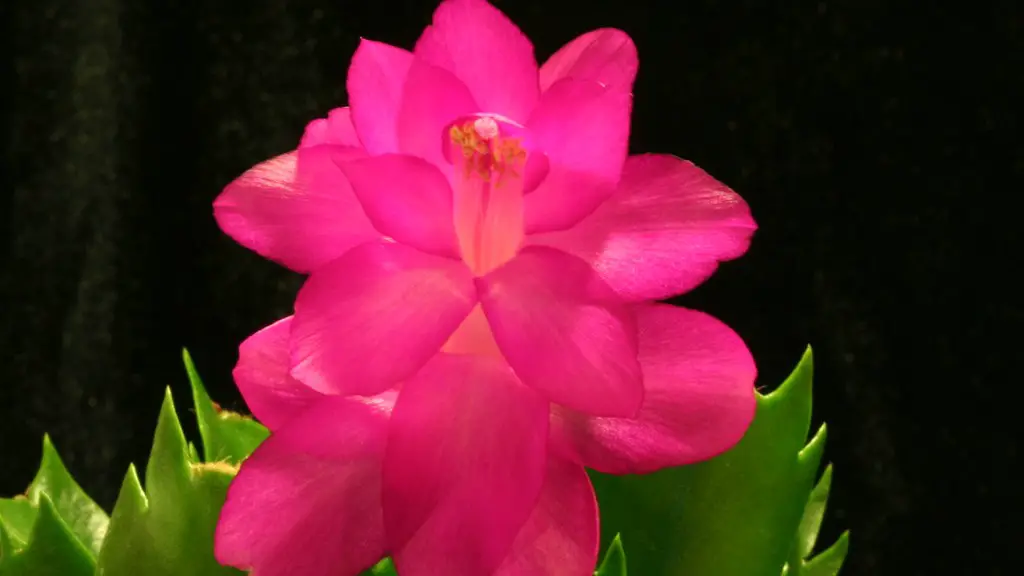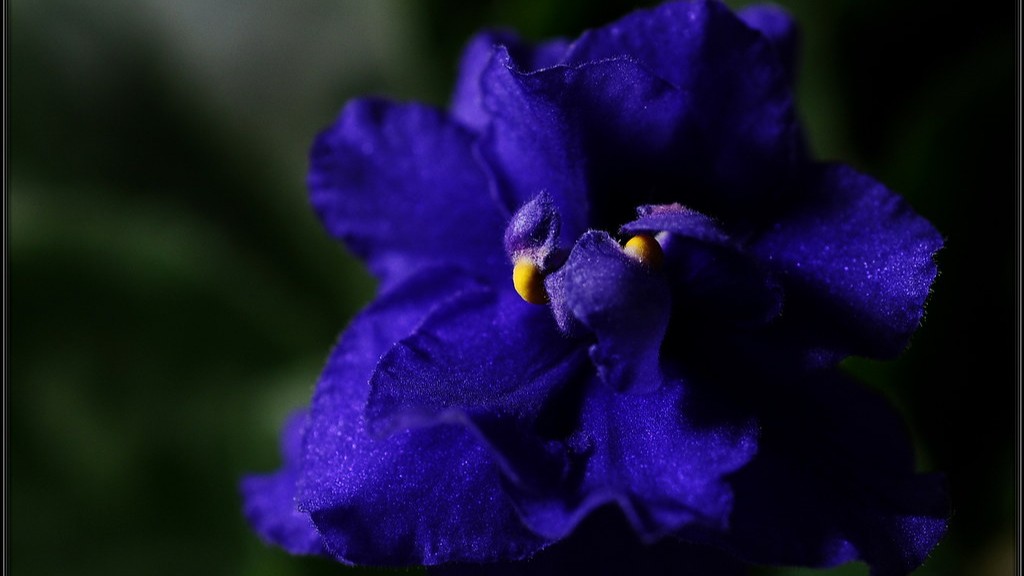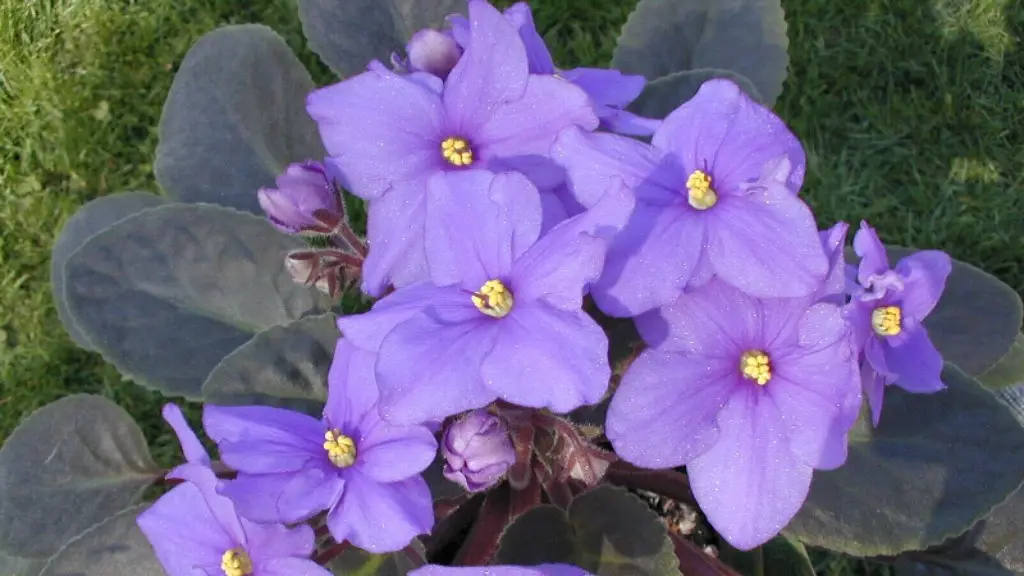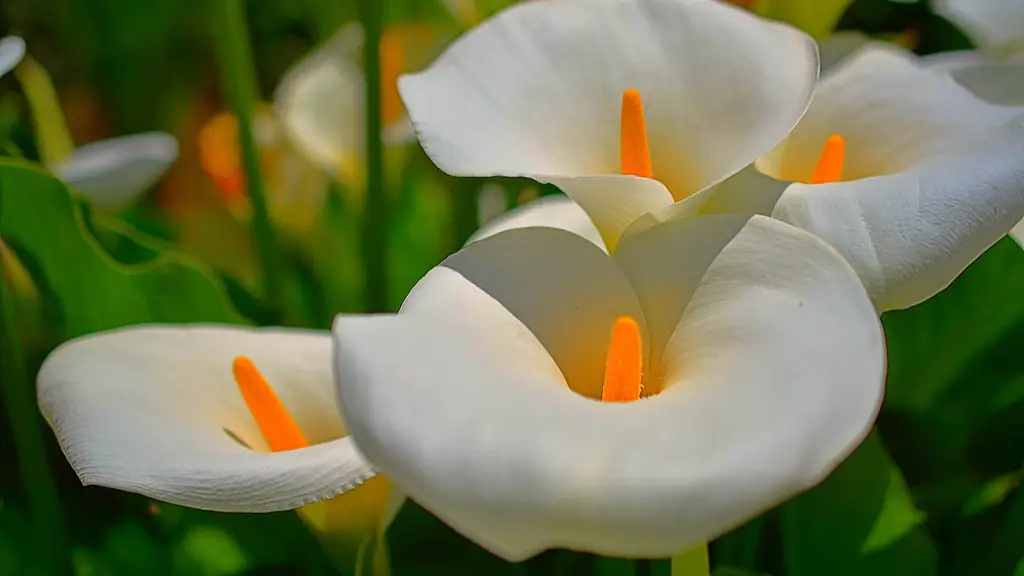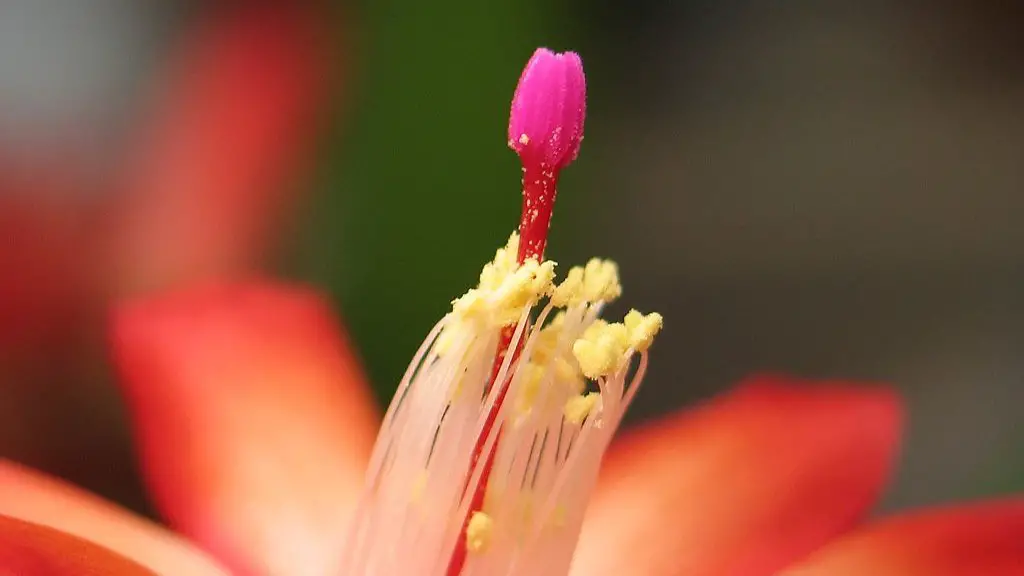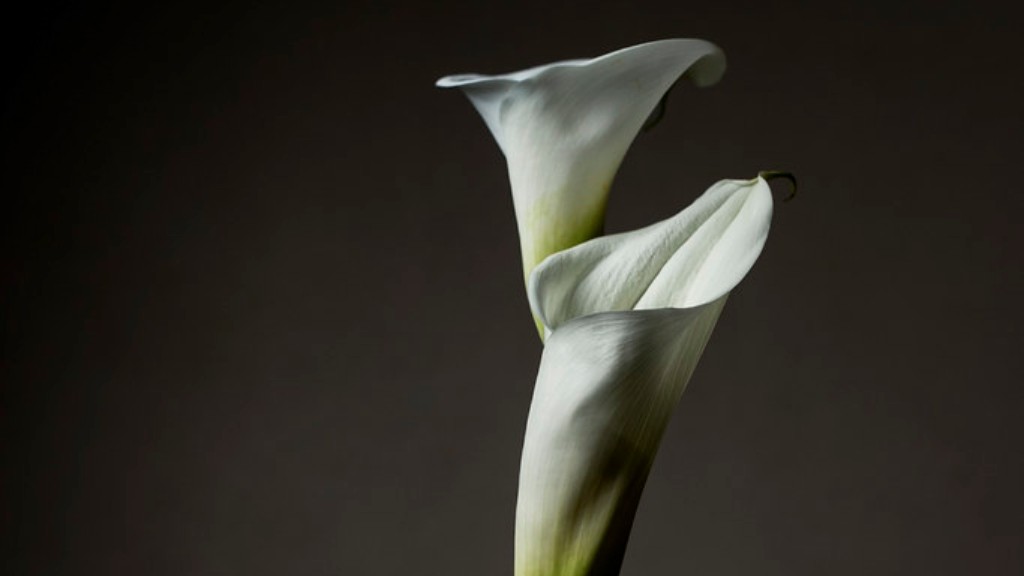No, Christmas cactus are not poisonous to cats.
No, Christmas cacti are not poisonous to cats.
Are Christmas cactus pet friendly?
If you have a Christmas cactus or Easter cactus in your home, you don’t need to worry about it being toxic to your dogs or cats. However, the fibrous plant material can cause irritation to their stomach and intestine, leading to vomiting or diarrhea. So it’s best to keep them away from the plant.
Christmas cacti are not poisonous to pets, so if your pet happens to eat one, there is no need to panic. However, it is always best to keep an eye on your pet around any plants, just in case.
How do I stop my cat from eating Christmas cactus
Cayenne pepper can be a effective way to keep cats away from your plants and Christmas cactus. By sprinkling it around the plant and soil, it will deter cats from coming near. You can also purchase commercial cat deterrents from your local pet store. Another option is to plant your Christmas cactus in a hanging basket, which will make it out of reach for most cats.
If your cat eats a succulent, watch for symptoms of vomiting and diarrhea. Euphorbia and kalanchoe can cause hypersalivation and oral irritation, and their effects are immediate. If your cat comes into contact with these plants, they may experience eye irritation.
Is it OK to leave Christmas cactus outside?
Christmas cacti are one of the most popular holiday plants, and they make a great addition to any home. But did you know that you can actually move them outside during the summer? Yes, they’ll love the humidity! Just be sure to keep them in a protected, shady area (you could even hang them among the tree branches for a landscape surprise) and don’t let pots sit in water after a heavy rain. With a little care, your Christmas cacti will thrive all year long!
When choosing plants for your home, it is important to consider the level of care required. Some plants are very low maintenance, while others require more attention. If you are looking for plants that are easy to care for, some good choices are: Christmas cactus, African violet, Phalanopsis orchid, Bromeliad (Neoregalia), Rose, Boston fern, Peperomia, Prayer plant (Calathea).
Are succulents OK with cats?
If you have both pets and plants, it can be a challenge to create a safe space for both. However, most succulents are completely harmless to animals. Additionally, most animals instinctively avoid eating succulents because they don’t smell or taste very appetizing.
It’s great to have plants in the home, but it’s important to make sure they are safe for your pets. Here are 15 succulents and cacti that are safe to have around your beloved pets.
Are any succulents toxic to cats
If you have either of these plants in your home, it’s important to keep them out of reach of your pets. All parts of these plants can be toxic if ingested, and they can cause severe gastrointestinal distress. Symptoms include vomiting, diarrhea, and abdominal pain. If you suspect your pet has eaten any of these plants, contact your veterinarian immediately.
If you’re looking for a natural way to keep your plants healthy and free of pests, adding a little bit of pepper to the mix is a great way to do it! Cayenne pepper, chili pepper, and even plain old black pepper can help repel pests and keep your plants healthy.Just be sure to diluted the pepper with water before spraying it on your plants, and don’t use too much or you might end up burning them. You can also add a little bit of pepper to a bowl of water and use it as a root drench for extra protection.
Can I have a Christmas tree with cats?
If you have a cat, it’s important to be aware that the most common type of trees used for the holidays are fir, spruce, and pine. The needles from these trees are all mildly toxic to cats if they eat them. Needles can cause gastrointestinal upset and irritation to the mouth due to the oils. So if you have a real tree, make sure your kitty doesn’t nibble on the needles.
The snake plant is a type of succulent that is popular for its easy care and striking appearance. However, it is important to note that the plant is toxic to cats. If a cat ingests or chews on the plant, they may experience nausea, vomiting, and diarrhea. If you have a snake plant in your home, be sure to keep it out of reach of your cats.
Why is my cat obsessed with my cactus
Cats are natural born chewers of plants. If you have a plant in your home, it’s much easier to get rid of it than to keep trying to stop your kitty from chewing on it. There will be no more “getting on to” your kitty and no more seeing how much of a bite your cat can “get away with” before you notice.
Aloe plants are toxic to cats and can cause serious gastrointestinal problems. If you have an aloe plant, keep it out of reach of your cat and spray it with vinegar to make it less attractive to them.
How do I keep cats off my plants?
If you have plants that you don’t want your cats getting into, you can make them unappealing by spraying them with a citrus-based solution. Cats have a strong distaste for anything citrus, so using a lemon, lime, or orange juice diluted with water will deter them from your plants. You can also purchase a commercial bitter lemon spray from a pet store.
If you want to encourage bud set, provide bright light and maintain temperatures between 55-65 degrees Fahrenheit. It’s also important to have 13 or more hours of continuous darkness each day. For flowers during the winter holiday season, long nights should be started in late September or October and continued for 8 weeks.
Final Words
Yes, Christmas cactus can be poisonous to cats if ingested. Symptoms of ingesting the plant can include vomiting, diarrhea, lethargy and lack of appetite.
There are conflicting reports about whether or not Christmas cactus is poisonous to cats. Some say that it is, while others claim it is not. Ultimately, it is best to err on the side of caution and keep your cat away from this plant.
